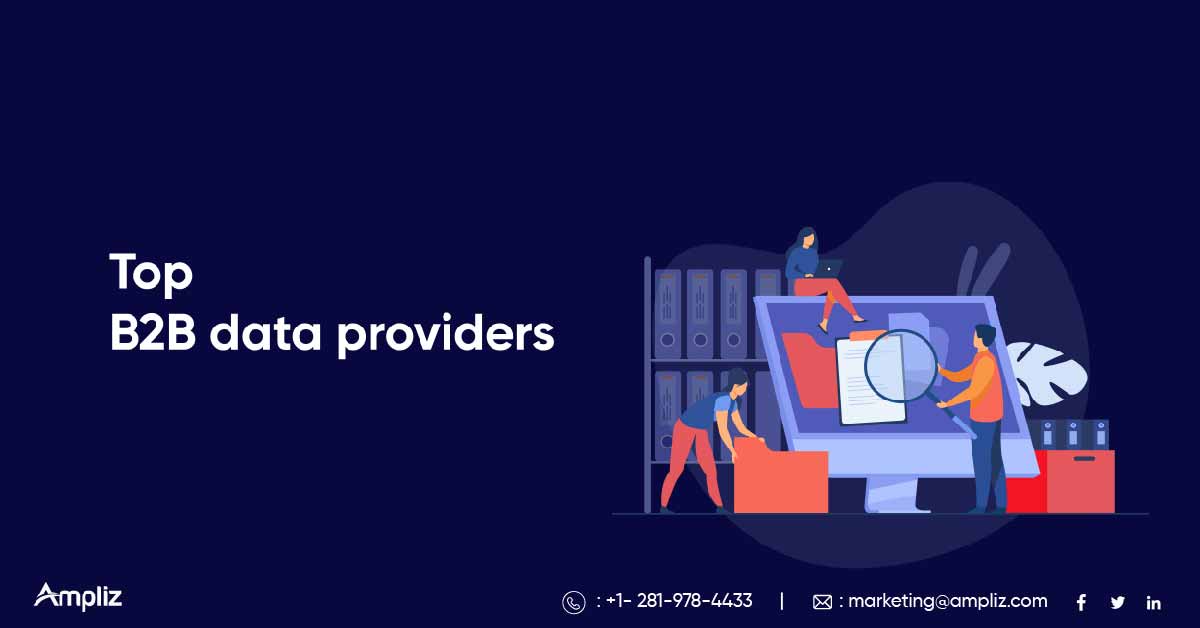Just How an Excellent Database Provider Can Boost Your Information Administration
Wiki Article
Trick Functions to Search For When Selecting a Data Source Carrier
Selecting a data source company is an essential decision that can dramatically affect your organization's information and procedures administration method. Among the crucial features to think about are scalability options, which ensure that your system can adjust to growing needs.Scalability Options
When picking a database supplier, comprehending scalability options is important to ensuring that the selected service can fit future development. Scalability refers to the capacity of a data source system to broaden its ability and performance in action to enhanced demand. There are 2 primary kinds of scalability: upright and horizontal.Vertical scalability, or "scaling up," involves boosting a solitary server's sources, such as CPU, RAM, or storage space. This technique can be straightforward and cost-efficient for smaller sized applications yet may reach a limit where further upgrades are as well expensive or impractical.
Straight scalability, or "scaling out," entails adding more web servers to disperse the tons. This method permits better adaptability and can suit considerable increases in information quantity and user web traffic (database provider). It is especially useful for cloud-based data source solutions that can dynamically designate sources based on need

Safety And Security Actions
.png)
When reviewing protection procedures, think about the implementation of encryption methods (database provider). Data-at-rest and data-in-transit security are important to make sure that sensitive information continues to be secured, even in the occasion of a protection violation. Additionally, look for carriers that use strong verification systems, such as multi-factor authentication (MFA), to better improve access control
Normal safety and security audits and compliance with market standards, such as GDPR or HIPAA, are a measure of a company's commitment to information protection. In addition, ask concerning their occurrence response strategy; a robust plan can minimize the effect of any prospective security occurrence.
Efficiency Metrics
Assessing efficiency metrics is vital for companies to guarantee that their picked database company fulfills operational needs. Key performance metrics consist of response throughput, time, and scalability, which jointly determine the effectiveness of data source procedures under varying loads.Action time is critical, as it reflects exactly how swiftly the data source can process queries and return results. Organizations must seek metrics that suggest typical feedback times throughout peak and off-peak hours. next page Throughput, typically gauged in purchases per 2nd (TPS), provides insight into the database's capability to manage high quantities of demands without efficiency degradation.
Scalability assesses the database's capacity to grow with the organization's needs. A robust database company must demonstrate vertical and horizontal scaling capabilities, enabling seamless adjustments as demands vary. Additionally, understanding latency, particularly in distributed systems, can aid companies review the responsiveness of the data source throughout different geographical places.
Client Support
Reliable consumer support is a cornerstone of effective data source administration, giving organizations with the help required to solve problems and maximize performance. When choosing a data source company, assessing the degree of client support they supply is necessary. A robust support group ought to consist of several networks great post to read of communication, such as phone, e-mail, and live chat, ensuring that individuals can access help whenever they require it.Additionally, receptive support teams that are readily available 24/7 considerably enhance the dependability of the database service. Motivate reaction times and reliable resolution of issues can dramatically decrease downtime and increase overall efficiency. It is additionally beneficial to take into consideration the availability of specialized assistance personnel, who can supply tailored help based upon an organization's particular demands.

Prices Framework
When thinking about a data source service provider, the rates structure is an essential factor that can substantially impact an organization's spending plan and overall method. A clear and flexible pricing design is crucial for aligning the data source sets you back with business requirements - database provider. Organizations needs to evaluate whether the prices is based upon intake, per user, or a flat rate, as each version can generate different monetary ramifications with timeIt is very important to examine any kind of added costs associated with the company's solutions, such as information storage space costs, transaction costs, and support fees. Some suppliers might supply tiered rates, allowing scalability as the organization grows, while others might impose strict limits that might end up being expensive as data demands boost.
Additionally, companies must take into consideration the lasting worth of the data source option. While lower preliminary costs can be attractive, they may not account for future upgrades, maintenance costs, or assimilation prices. Performing a detailed cost-benefit evaluation will certainly assist determine the most suitable rates framework that stabilizes performance, scalability, and assistance, inevitably making sure that the chosen database carrier straightens with the organization's functional and monetary objectives.
Verdict
In final thought, selecting a data source service provider requires mindful consideration of different critical functions. Reviewing performance metrics allows the recognition of reliable databases, and easily accessible consumer support enhances the general customer experience.Picking a database company is an essential decision that can considerably affect your company's data and operations management technique.When choosing a data source carrier, understanding scalability options is important to making sure that the picked remedy can suit future development. When selecting a database provider, assessing the level of customer support they provide is vital.When thinking about a database company, the prices structure is a critical element that can substantially affect an organization's budget and overall strategy. Performing a thorough cost-benefit evaluation will certainly assist determine the most suitable pricing framework that stabilizes support, scalability, and efficiency, eventually ensuring that the picked data source company aligns with the company's operational and economic goals.
Report this wiki page